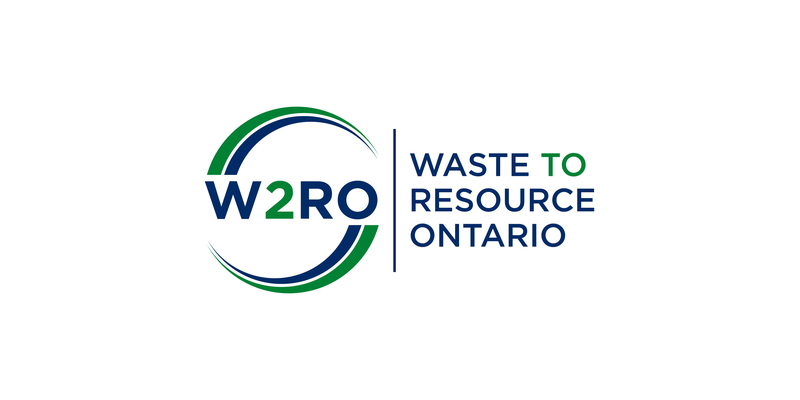
April 22 is celebrated as Earth Day around the globe. It is an important day that draws attention to the importance of our environment and the necessary actions we need to take to protect it. Earth Day was first celebrated in 1970, and since then, each year, the world has continued to use the day to focus on raising awareness and encouraging action to better support our planet.
From a waste and recycling industry, a day doesn’t go by when we, at OWMA, aren’t examining how to better support and manage waste in communities across the province. Waste is a part of our daily lives, and we all play a role in helping to minimize the waste we generate and ensure we are disposing of it properly.
Did you know? In 2019, 11,986,000 tonnes of Ontario’s waste was disposed of in landfills. Of that, 73% was disposed in Ontario landfills. We know that based on the current landfill capacity, there is an estimated 14.5 years of landfill capacity left in Ontario. You read that right – 14.5 years. 2034 is not that long away, which means we need action today.
What can we do to help address this?
We need to do our part to ensure we are managing our waste properly. We know that approximately 70% of our waste makes its way to landfills, and that simply isn’t good enough. Examining packaging, learning about the right way to dispose of products, and supporting recycling efforts are a few of ways that individually we can help. Let’s improve our recycling rates at home so that less waste makes its way to landfills.
Another way to support decreasing the amount of waste that goes to landfills is by improving our recycling performance. Shifting responsibility of the Blue Box to producers will help improve Ontario’s recycling performance and encourage investment, job creation, and innovation in the sector. Ontario can and should be doing much better when it comes to resource recovery. A Conference Board of Canada report found that with the right recycling policies Ontario can create 13,000 net new jobs and provide a boost to GDP of $1.5 billion. Transitioning the Blue Box program to producer responsibility offers significant potential to develop end markets for recycled materials here in Ontario.
For waste that can’t be recycled, we need to address our current waste disposal deficiency. Ontario needs new landfills to manage the growing amount of waste generated. We need to develop new environmentally sound landfills that can also provide enormous positive impacts like jobs, renewable energy sources, and municipal revenues. Effectively managing our waste depends on creating innovative ways to recycle and recover resources, while expanding Ontario’s landfill capacity to safely manage materials that can’t be recycled.
Our actions are not just needed today as we celebrate Earth Day; it requires action each day by every one of us – industry, government, and individuals alike. No one sector and no single action will solve the waste issues in front of us, but through focus, commitment, strong policies, and collaboration, we can better address the needs and make a positive impact on our environment.
